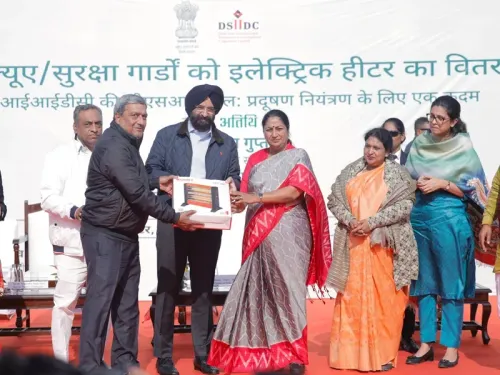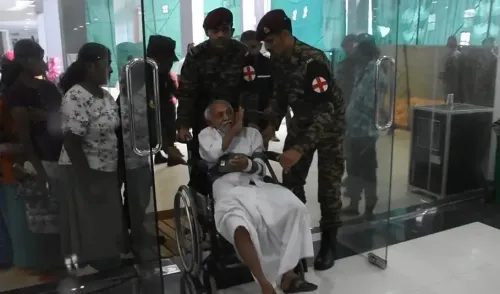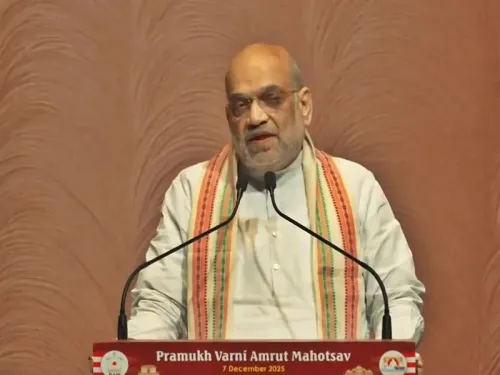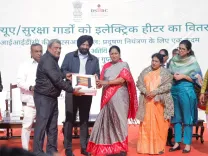Should India Take a Stance Against Turkey Over Terror Links?
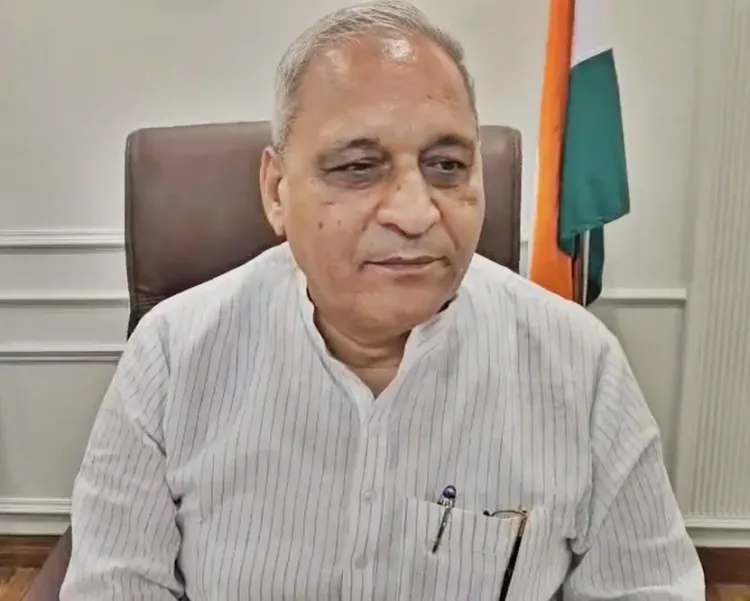
Synopsis
Key Takeaways
- Strong call for boycott against Turkey due to alleged terrorism support.
- Operation Sindoor launched by India in retaliation to terror attacks.
- Tourism from India is vital to Turkey's economy.
- Alternatives to Turkey include Greece and Armenia.
- Potential economic repercussions for Turkey's tourism sector.
New Delhi, May 15 (NationPress) In light of escalating diplomatic tensions, notable Indian figures have advocated for a comprehensive boycott of trade and tourism with Turkey, alleging the nation’s involvement in supporting terrorism. This call to action follows statements from Turkey and Azerbaijan expressing solidarity with Pakistan in response to a recent terror attack in Pahalgam, Jammu and Kashmir.
Haryana Minister and BJP leader Ranbir Singh Gangwa voiced the importance of a decisive stance against countries that endorse terrorism during an interview with IANS. He stated, “Any country that supports and promotes terrorism should be boycotted. Our Prime Minister Narendra Modi has already declared that this is a 'New India' — there is no place for terrorism here. Therefore, countries supporting such activities will not be welcomed for bilateral relations.”
The uproar stems from a tragic incident where 26 individuals, primarily tourists, lost their lives in Pahalgam, Kashmir, on April 22 due to a terrorist attack allegedly orchestrated by Pakistan-backed factions.
In retaliation, India initiated ‘Operation Sindoor’ on May 7, targeting and dismantling nine terror camps across Pakistan and Pakistan-occupied-Kashmir.
Post-operation, both Turkey and Azerbaijan openly criticized India’s military actions, advocating for restraint and diplomatic dialogue. Azerbaijan further issued an official statement condemning the strikes and expressing concerns over possible civilian casualties.
Global Strategist Robinder Sachdev echoed the call to sever trade and tourism relations with Turkey, citing its increasing military and diplomatic ties with Pakistan.
“Turkey has long supplied drones to Pakistan, which have been deployed in conflicts against India. More concerning is Turkey’s unwavering diplomatic support for Pakistan regarding Jammu and Kashmir. It is time to reassess our relations with such nations,” he remarked.
Sachdev advised Indian travelers to steer clear of Turkey and consider alternative destinations like Greece or Armenia, emphasizing India’s strong ties with these countries. “Tourists should prioritize destinations that align with our national interests,” he added.
According to data from the Azerbaijan Tourism Board, 243,589 Indian tourists visited the country in 2024, with a projected 11 percent annual growth in Indian tourist arrivals over the next decade. Meanwhile, Turkey attracted 330,000 Indian visitors in 2024, a significant increase from 119,503 in 2014, as reported by its Ministry of Culture and Tourism.
Indian travelers are crucial to Turkey’s economy, spending approximately $1,200 to $1,500 per person. In 2023, the total spending by Indian tourists in Turkey was estimated at around $350–400 million (about Rs 3,000 crore).
As calls for a boycott of Turkish goods gain traction, recent data indicates that trade with Turkey has diminished by 63 percent compared to FY22-23 levels.
Tourism is a cornerstone of Turkey’s economy, contributing nearly 12 percent to its GDP and providing 10 percent of total employment. Given India’s rapid growth as a source market, the push for a boycott could severely impact the Turkish tourism industry.



